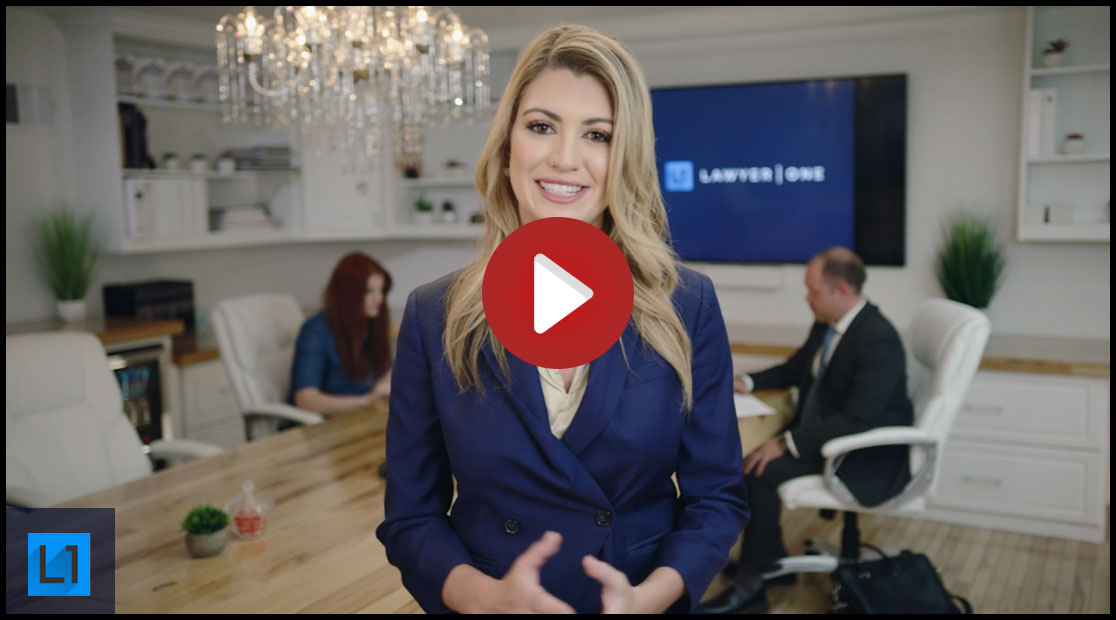About Wrongful Death
Losing a loved one can leave us feeling distraught and grappling with the logistics of moving forward in life not only emotionally, but also financially. The pain, heartbreak, and devastation of such an event are only compounded when the death of our loved one occurred due to someone else’s negligence, recklessness, or malicious intent. If you have experienced the loss of a loved one, it is important to understand your legal rights so that you may see justice served and begin to move forward with your life.
The laws surrounding wrongful deaths can be complex, but we are here to help guide you through this difficult process. Below are some important facts to understand about wrongful death cases:
- There are always four main components in any wrongful death case. The first is duty of care. This means that you must be able to establish that the defendant in the case owed some reasonable action to the deceased. Common examples of duty of care in wrongful death cases include safe driving practices in situations where a death was caused by negligent driving, or adequate medical care in scenarios where a death resulted from medical negligence. The next component of any wrongful death case is breach of duty, which simply means that you must be able to prove that the defendant failed to adhere to the duty owed. The third component is causation, meaning that you must be able to prove that the defendant’s actions caused the death in question. Finally, you must prove damages in the form of physical, emotional, and economic suffering.
- Wrongful deaths can be intentional or unintentional. It is important to understand that wrongful death cases can be pursued in situations where the death weas an obvious act of malicious intent along with scenarios where a defendant engaged in risky, reckless or negligent behavior.
- Life insurance claims may not always be accepted. Depending on the nature of the death, insurance companies may or may not pay. It is always prudent to consult a qualified wrongful death attorney to help you navigate any legal routes to obtain compensation.







